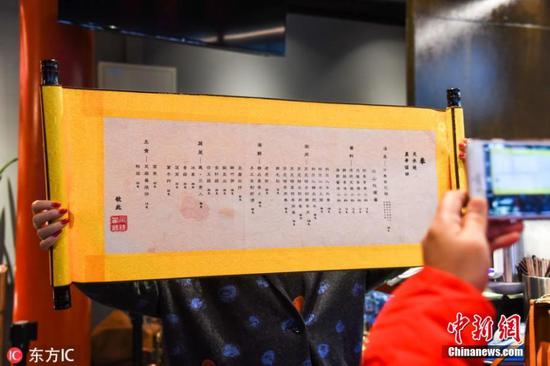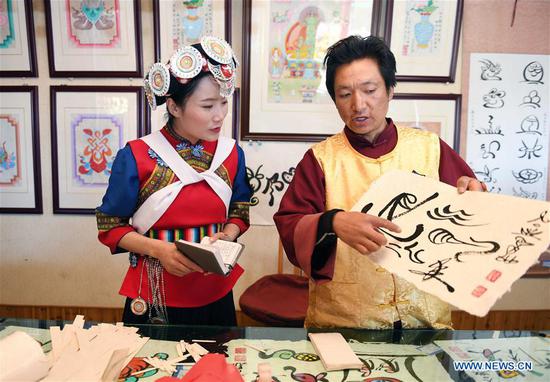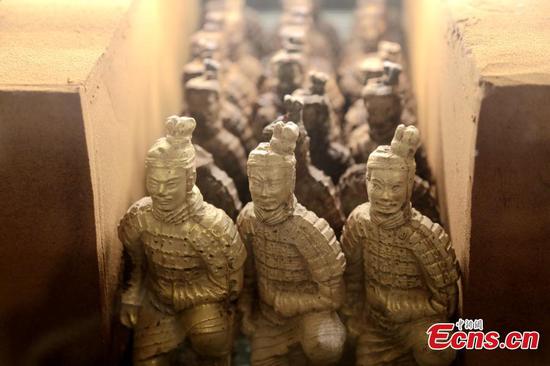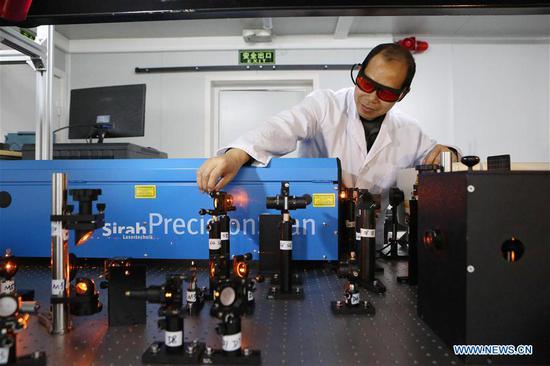Beijing will used facial recognition technology to crack down on hospital scalpers, subjecting them to detention and social credit restrictions, the municipal health authority announced on Friday.
The municipal Health Commission said about 30 hospitals in the capital have collected visual information on 2,100 suspected hospital scalpers and entered it into their facial recognition systems.
The information on the scalpers-many of whom have been fined by the police-includes photographs and ID numbers. If they enter a hospital, they will be monitored.
The city government said the commission will take strict steps this year to publish the names of such scalpers and ban them from taking high-speed trains or flights, registering companies or applying for bank loans.
Over 900 such scalpers were detained last year during a citywide crackdown. The commission has cooperated with the city's public security bureau to further identify suspected scalpers, and now, with the new technology, an alarm will be triggered if one enters a hospital.
The authorities have also strengthened efforts to prevent any cheating on hospital registration apps by severing connections between commercial apps and hospital registration platforms.
China has for years been working to address the issue of hospital scalpers. Commonly known as huangniu, or yellow bulls, scalpers book appointments in bulk at major public hospitals, preventing genuine patients from doing so. Then they illegally sell the appointments at inflated prices.
Those unwilling to pay typically face lengthy hospital waits, potentially putting lives at risk.
Huang Xiaojuan, 32, a resident of Beijing, said she could not register at a well-known maternity hospital when she found herself pregnant last year. Her husband found a scalper online and bought a ticket for 3,000 yuan ($447), even though the normal value would be about 200 yuan.
"The scalper traded with my husband in the backyard of the hospital and told him that he could register with any doctor in the hospital if we were willing to pay a higher price," Huang said.
"They have a group with several people in charge of different tasks. Some talk to patients like us; some are in charge of relations with doctors and some are just handling the money. They also hire people to line up in front of registration windows if they cannot reach the doctor directly."
In 2016, Beijing police arrested 12 people for scalping hospital appointment tickets.
Many hospitals have set up their own apps for registration to help to reduce scalping. A doctor at Peking University Hospital of Stomatology, who asked not to be named, said there have been virtually no scalpers at the hospital since its app was launched, and most patients choose to register via the app.
"Medical resources are limited," the doctor said. "The app can ensure some equity, since many patients find it hard to register at the window."
Zhang He, a lawyer at B&D Law Firm in Beijing, said hospital scalpers should face severe punishment and hospitals needed to strengthen their management to prevent the practice.


















































